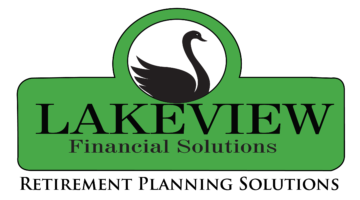In Need of Tax-free Income in Retirement? Consider Life Insurance
In Need of Tax-free Income in Retirement? Consider Life Insurance
When you think about tax-free income in retirement, the traditional vehicles likely come to mind. Such as your 401(k) or 403(b), traditional and Roth IRAs, and your personal savings account. What you may not consider, however, is that life insurance can also function as a form of retirement income – with tax advantages.
Permanent life insurance, which includes whole and universal policies, builds cash value over time and can function as a source of tax-free retirement income. The cash value accumulates over the life of the policy when the policy owner pays premiums. The insurer deducts the policy expenses from the premium payment. While the remainder of the amount contributes to the cash value account. If you need to withdraw money from the cash value of the policy as a source of retirement income, the income is not taxable. This can be an easily accessible source of funds, especially if you need to cover emergency expenses.
You Can Make a Cash Withdrawl from Your Loan
Making a withdrawal from the cash value of your permanent life insurance is a policy loan and insurers have requirements that must be met to obtain one. These requirements may include:
- The policy must be in place for a set number of years before you’re able to make a policy loan.
- A percentage limit on the cash value allowed to be withdrawn as a policy loan.
Like all loans, if the money is not repaid, there are consequences:
- If you pass away with an outstanding loan from the cash value of your life insurance policy, the death benefit will be less the amount of the loan, plus interest.
- In some cases, if the loan is not repaid and you pass away, the death benefit may even be zero. Consider these impacts before withdrawing money from your permanent life insurance policy.
Take the first step
Talk to a financial advisor about the benefits of withdrawing funds from your permanent life insurance policy. Your advisor can help you understand your options for repayment of the loan. As well as the impacts on your estate if you choose not to repay.
Disclosure: While tax and legal issues may be discussed in the general course of financial and investment planning the Registered Investment Advisor does not provide tax or legal advice. Please consult with your tax or a legal professional prior to making decisions relative to these issues.
SW8-20200413
At Lakeview Financial Solutions we truly enjoy helping people make smart financial decisions. In addition, we look forward to learning more about you, your priorities, and your goals. Contact us today to discuss your retirement strategy.





